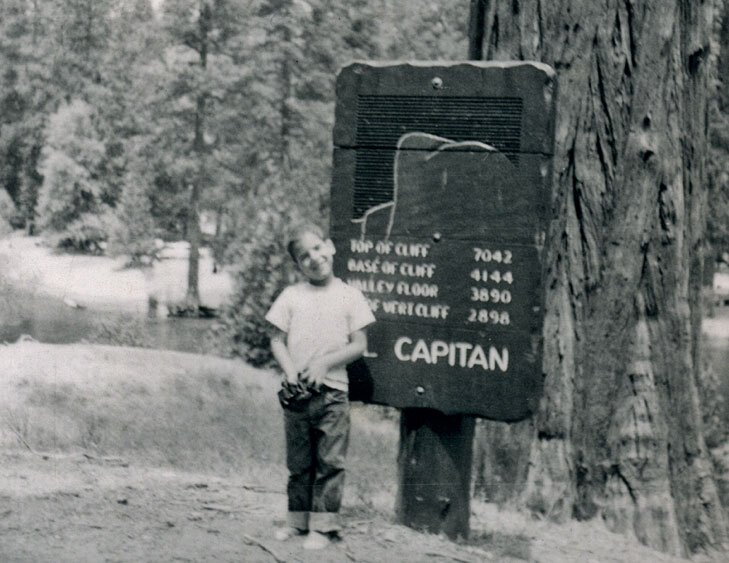Turtle Islander
“I am fully committed to the idea that human existence should be rooted in the earth.”
Carl Jung
The Earth Has a Soul: C.G. Jung on Nature, Technology and Modern Life
If you’ve seen my photograph, you might be surprised to learn that I was born indigenous. Specifically, I was born in 1955, a native son of Turtle Island, otherwise known as North America. Of course, I didn’t look native at the time. My skin was white and I had the basic suite of Caucasian, Eastern-European features. People thought that I was just another garden-variety white infant.
I was pretty helpless for a few years, but I soon got on my feet and started exploring my neighborhood. Back then there was still some real habitat to be discovered; a nearby orchard, a creek and plenty of vacant lots with actual plants, trees and dirt. It wasn’t exactly the Serengeti or the outback, but I didn’t care. I went right ahead and explored all of it, mapping every detail of the experience onto my brain. I knew every corner of my yard and my neighborhood. I knew the precise size, shape and textures of every fence that I climbed. I knew the feel of the bark on every tree. I was a wild animal, loving my habitat.
In all likelihood, you had a similar experience. Kids are just that way, learning the natural world easily and attaching to every feature of their habitat. In fact, all of us are born indigenous. Even the whitest of the white are born ready to explore and affiliate with the natural world. John Muir, Aldo Leopold, Rachael Carson, Edward Abbey, Wendell Berry, Gary Snyder: all were white, earth-loving people.
If primed with some early outdoor experience, almost all of us will develop a strong sense of attachment to the land. And all would be well if we left it that way, but sadly, Western culture sees fit to intervene, often with a heavy hand, to dampen and civilize the process. Children are expected to sit still and master a universe of abstract symbols. Nature contact is considered irrelevant or supplemental at best; habitat is simply not part of the curriculum. What really counts are grades, advancement, and ultimately material affluence. You’ll never be graded on how well you learn the plants, animals and soils of your neighborhood. And if you do concentrate your attention on the natural world, your career will likely be compromised, if not utterly destroyed: “Do you want fries with that?”
To be sure, there’s something rather repulsive about a white man claiming to be “indigenous” in any way whatsoever. It must also be noted that I, as a white man, am part of an oppressive, imperializing culture that’s guilty of genocide and cultural appropriation. It’s also the case that I’m also an occupier, living on occupied lands that belong to native people. And yes, native people would do well to question my thesis. Nevertheless, I stand by my point– that all humans–even white people–have (or once had) powerful psycho-physical ties to habitat and the earth. My culture has obviously gone astray, but our primal need for habitat remains.
Of course, some children do resist the disconnection that’s inherent in modern education. They love their habitat–what’s left of it–and they understand this connection is absolutely vital to their survival. Their ancient, deep bodies know what’s important and they’ll do anything to get back to that source. And so the child’s body fights our domination in whatever way it can. Sometimes it tries to escape its predicament, but if that proves impossible, it falls into a jagged state of distraction, anxiety, depression and unruly behavior. And when that happens, we medicalize their condition. We treat them like medical objects, broken mechanisms in need of repair.
But sadly, we’ve got it entirely backwards, a fact that Sebastian Junger would recognize instantly. In his groundbreaking book Tribe, he re-casts the plight of soldiers who’ve returned from wars in Iraq and Afghanistan. Traumatized by combat and in dire need of community, they return to a culture that prizes individualism over society. Instead of welcoming veterans back into a natural human community, we medicalize their condition and treat them like broken mechanisms. For Junger, these soldiers’ bodies and spirits are responding normally to traumatic experience. The real problem lies with us.
Likewise, it is almost surely the case that there’s nothing wrong with our indigenous children or their red, indigenous minds. Their “attention problems” are an utterly normal response to being chronically habitat-deprived. We isolate them from the world that gives them life, force their bodies to sit still while they grind away at abstract, often irrelevant problems, then assign a grade to every dimension of their performance. And if they fail to adapt, we call in brain specialists to fix their behavior.
But maybe the problem isn’t with them at all.
Maybe the problem lies with us.
